
Pat's Site
This is the blog page. Psych! It's the links page.
Posts
Patty's Posts
Yo, this is London!
United Kingdom's capital is the city of London. With a history spanning nearly two millennia, it is one of the oldest and most cosmopolitan big cities in the world. It is also the country's economic, transportation, and cultural hub. London is by far Britain's largest metropolis.
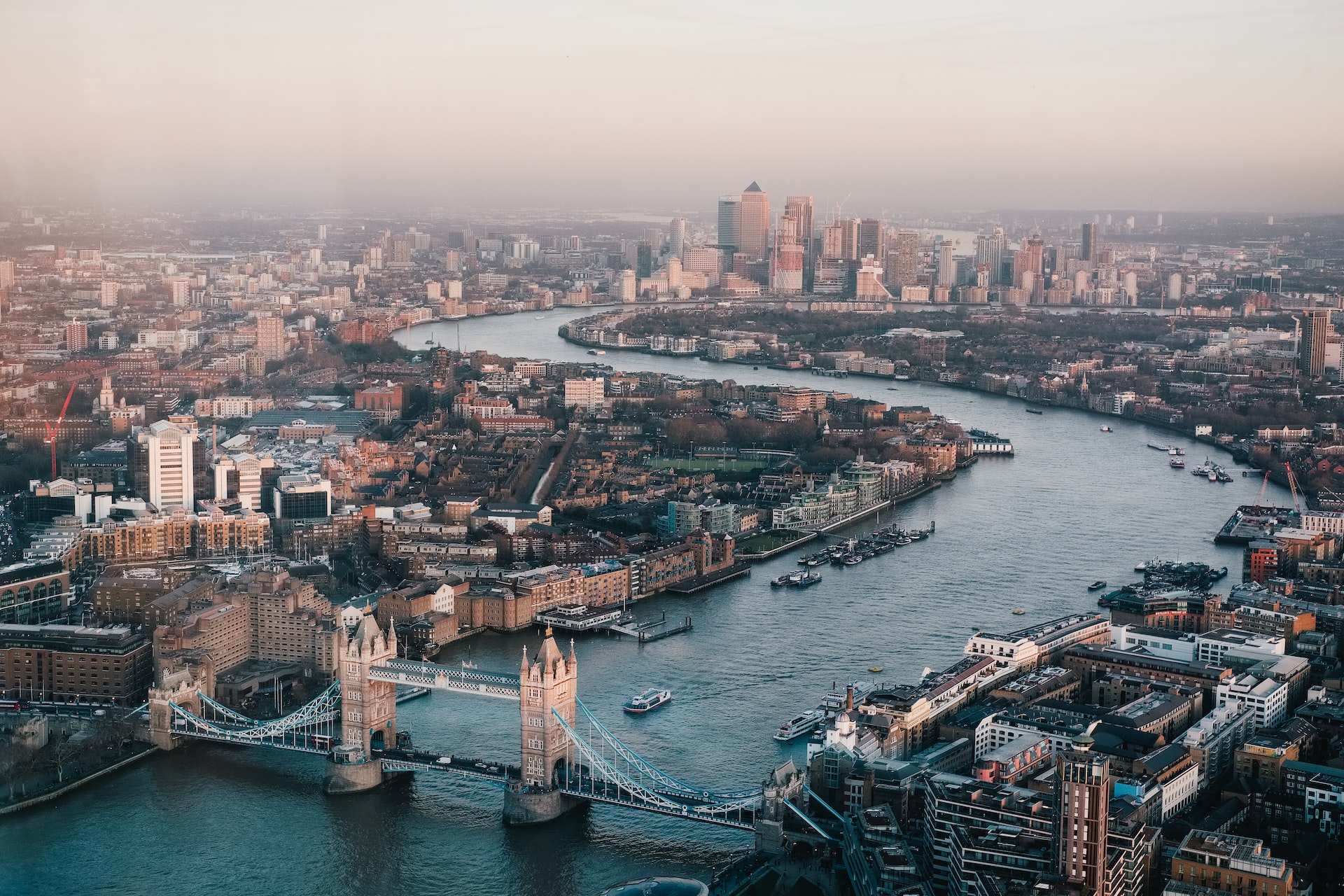
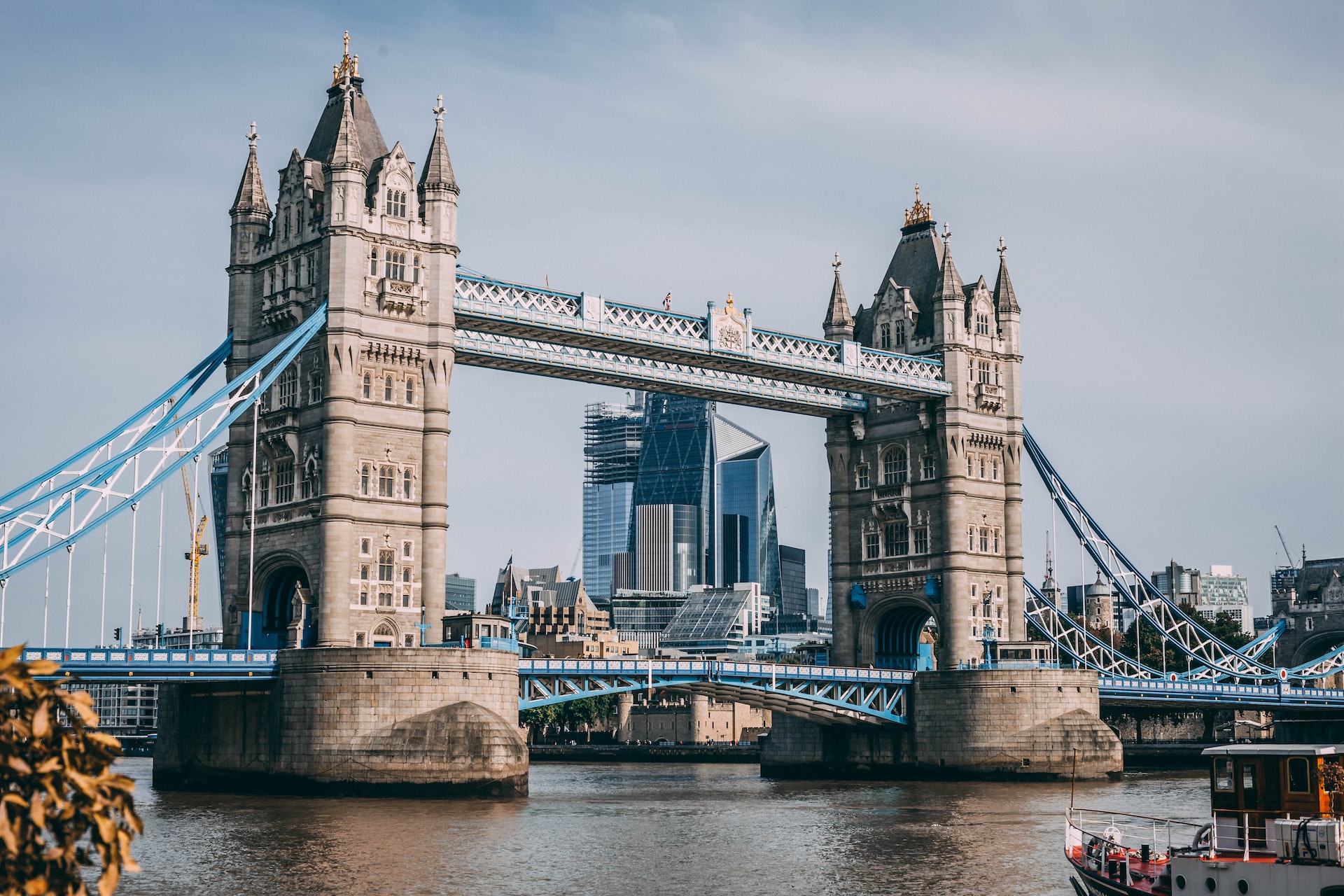
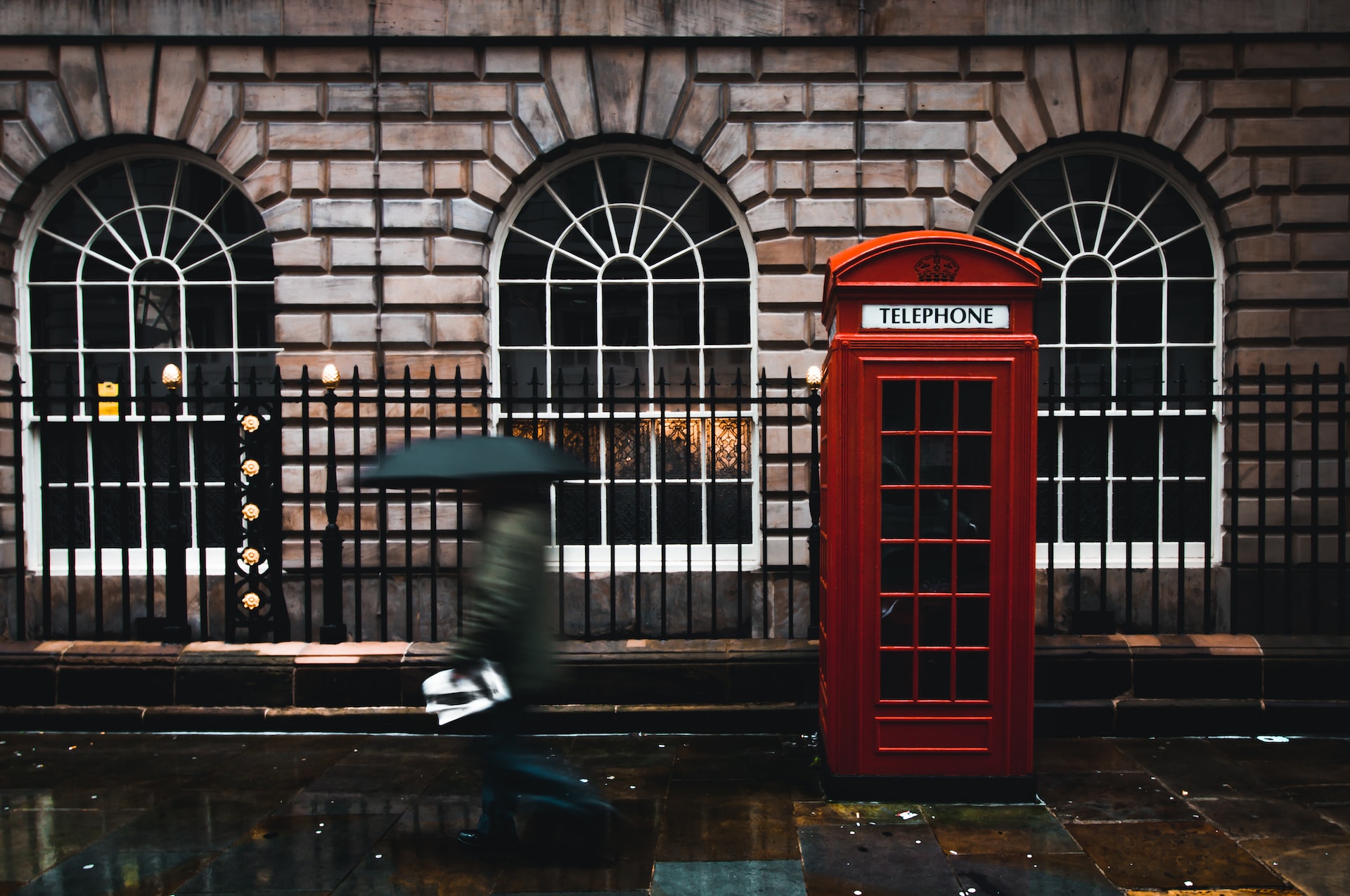
Southeast England is home to London, which is located along the River Thames about 50 miles (80 km) upstream from its estuary on the North Sea. The metropolis appears to be tightly packed amid a Green Belt of open space on satellite images, with its main ring highway encircling it at a distance of around 20 miles from the city center.
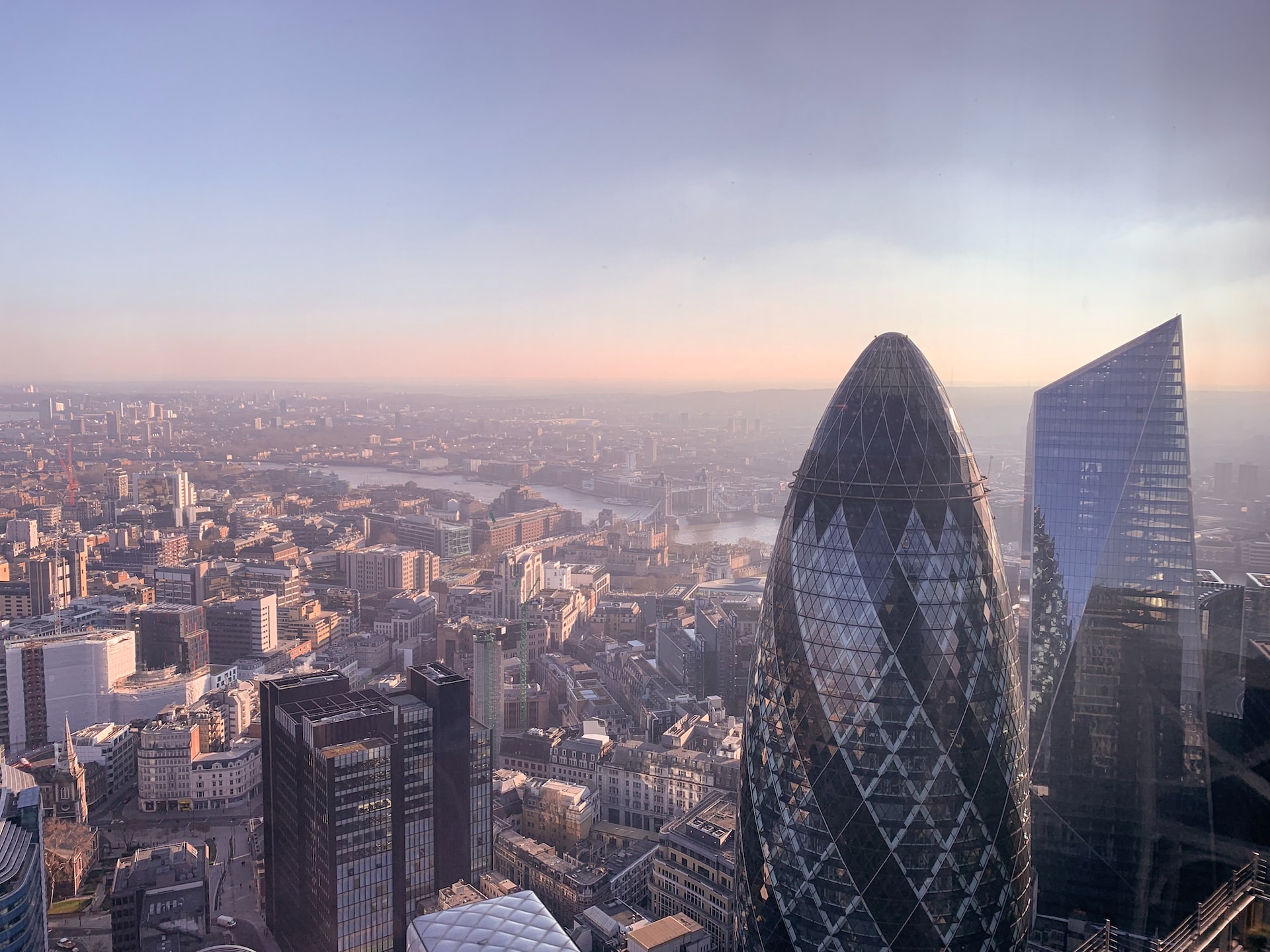
In the middle of the 1950s, rigorous town planning regulations stopped the growth of the built-up area. The "home counties" of Kent, Surrey, and Berkshire to the south of the Thames, and Buckinghamshire, Hertfordshire, and Essex to the north, are separated from the metropolitan county of Greater London by its physical limitations, which roughly coincide with administrative and statistical lines.

The historical counties of Kent, Hertfordshire, and Essex encompass a sizeable portion of the metropolitan county of Greater London, which was established in 1965, in addition to the contemporary administrative counties using the same names. Greater London is historically divided into two counties: Surrey owns the majority of the land south of the Thames, and Middlesex owns the most of the land north of the Thames. Area 607 square miles make up Greater London. Greater London had a population of 7,172,091 in 2001 and 8,173,941 as of polls in 2011.
Oui, c'est Paris!
United Kingdom's capital is the city of London. With a history spanning nearly two millennia, it is one of the oldest and most cosmopolitan big cities in the world. It is also the country's economic, transportation, and cultural hub. London is by far Britain's largest metropolis.
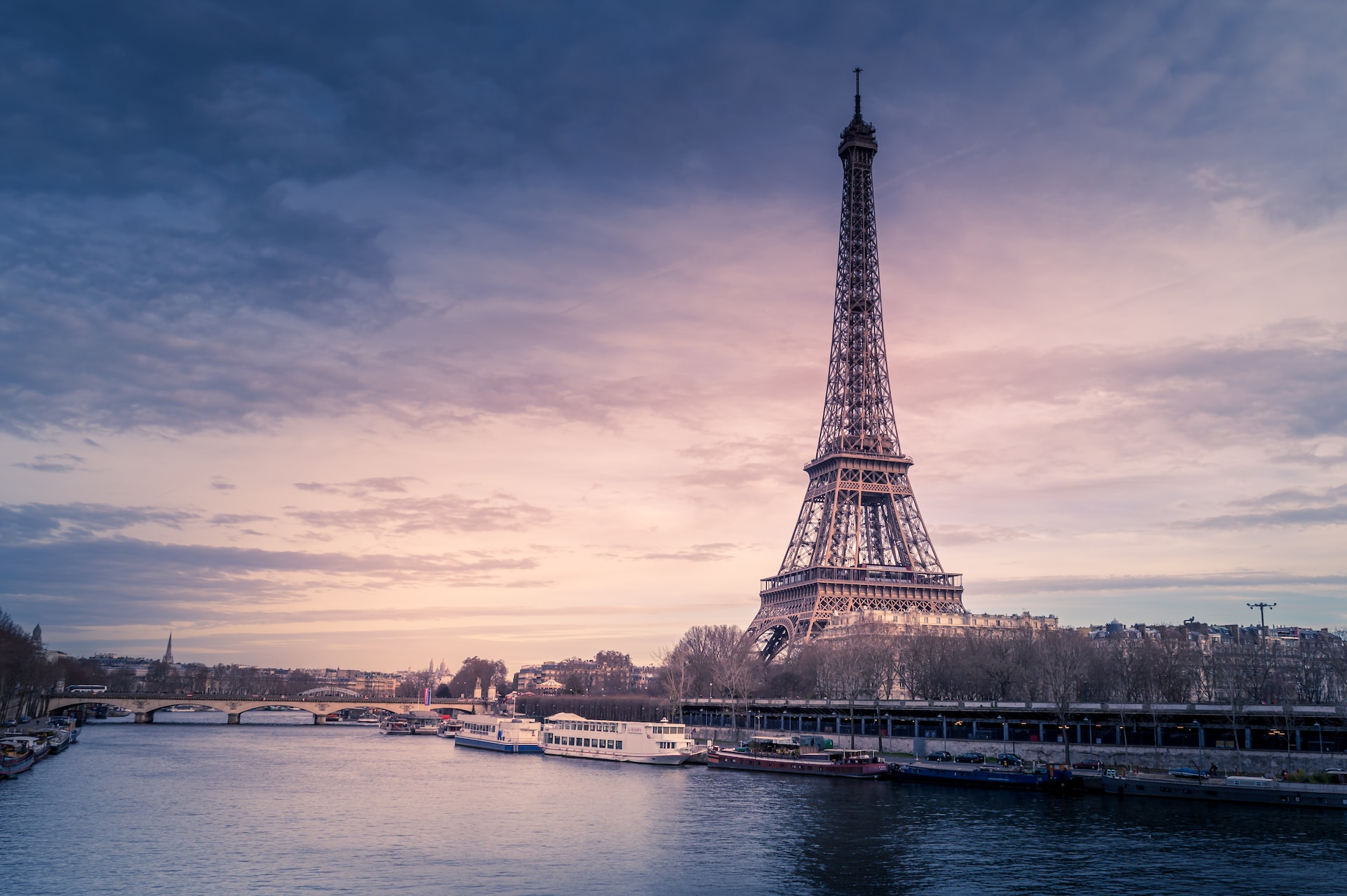
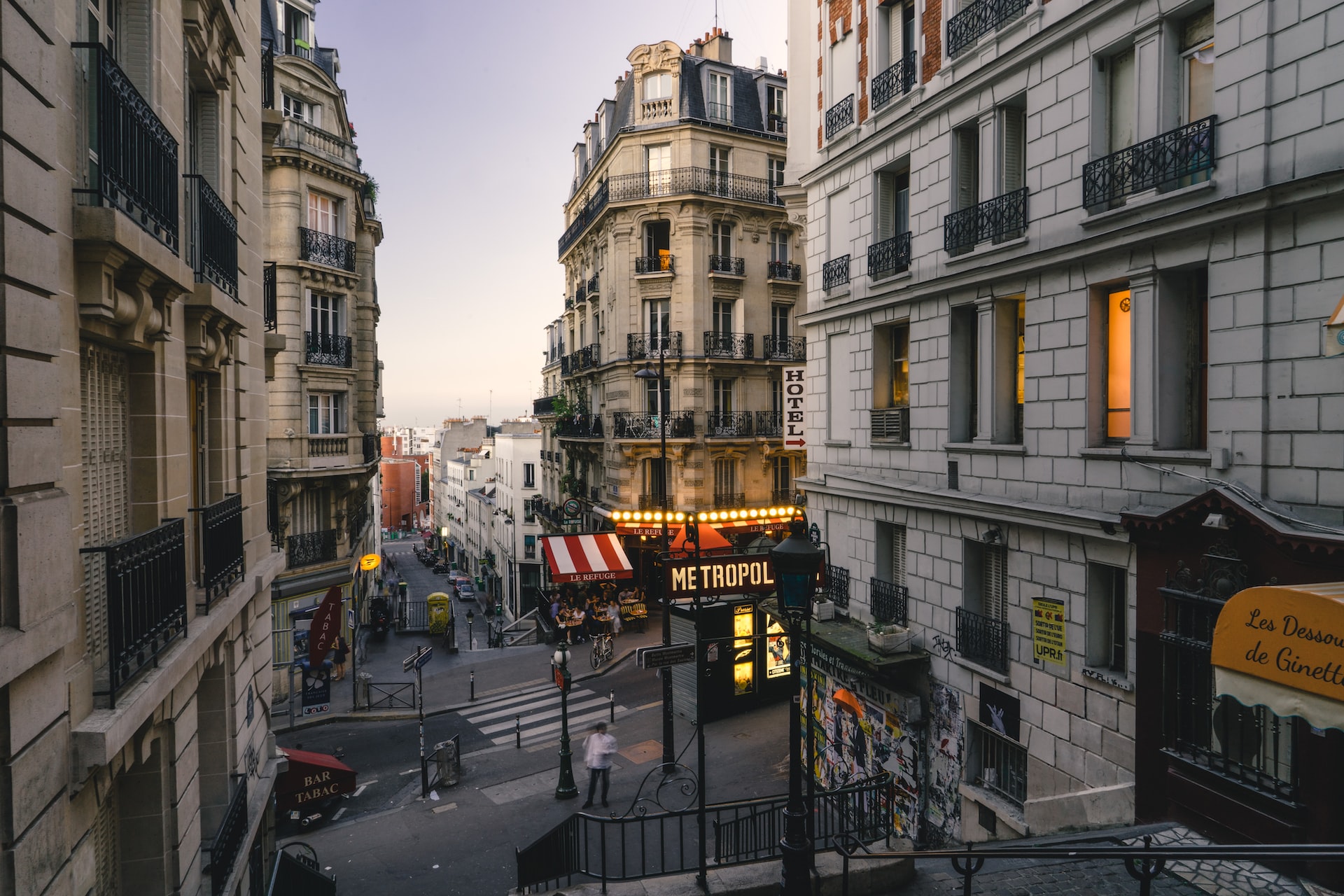
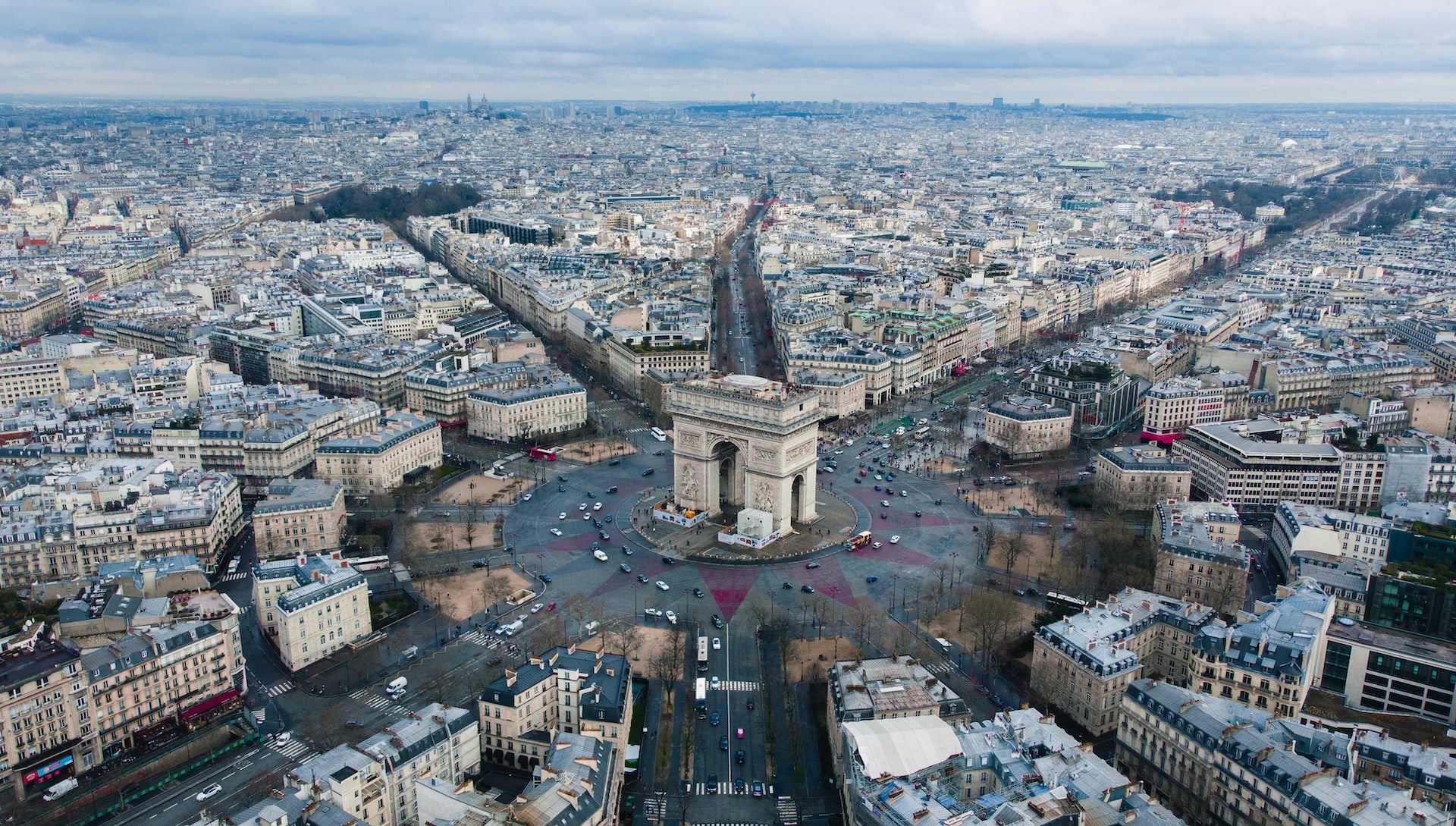
With an anticipated 2,165,423 inhabitants in 2019 in an area of more than 41 sq miles, Paris, the capital and most populous city of France, would rank as the 30th most densely populated city in the world in 2020. Since the 17th century, Paris has been one of the principal hubs for science, diplomacy, business, fashion, and gastronomy. It earned the moniker "the City of Light" in the 19th century due to its prominence in the arts and sciences and its extremely early implementation of a street lighting system. It shared this title with London before the Second World War.
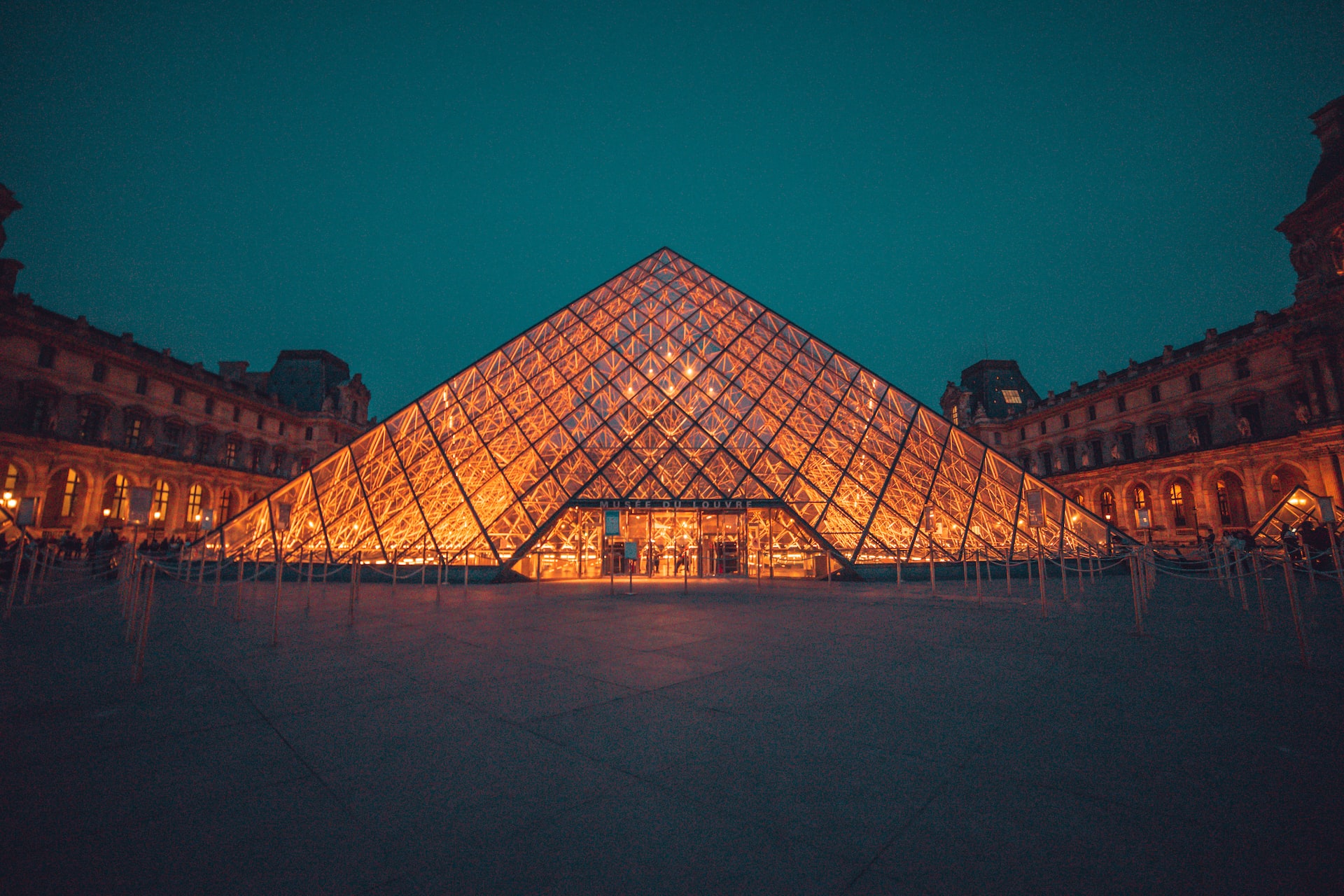
With a population of 12,262,544 in 2019, or nearly 19% of France's total population, the City of Paris serves as the regional hub for the Île-de-France, often known as the Paris Region. This makes the region France's capital. The highest GDP in Europe for the Paris region in 2019 was $743 billion. Paris has the ninth-highest cost of living in the world in 2022, according to the Economist Intelligence Unit Worldwide Cost of Living Survey.

Charles de Gaulle Airport, the second busiest airport in Europe, and Orly Airport serve Paris, which is a significant rail, highway, and air transportation center. The Paris Métro, which opened in 1900, transports 5.23 million people every day, making it the second-busiest metro system in Europe behind the Moscow Metro. With 262 million passengers in 2015, Gare du Nord ranked as the world's 24th busiest railway station and the busiest station outside of Japan. Paris is renowned for its museums and iconic buildings.
If you're in Tokyo!
United Kingdom's capital is the city of London. With a history spanning nearly two millennia, it is one of the oldest and most cosmopolitan big cities in the world. It is also the country's economic, transportation, and cultural hub. London is by far Britain's largest metropolis.
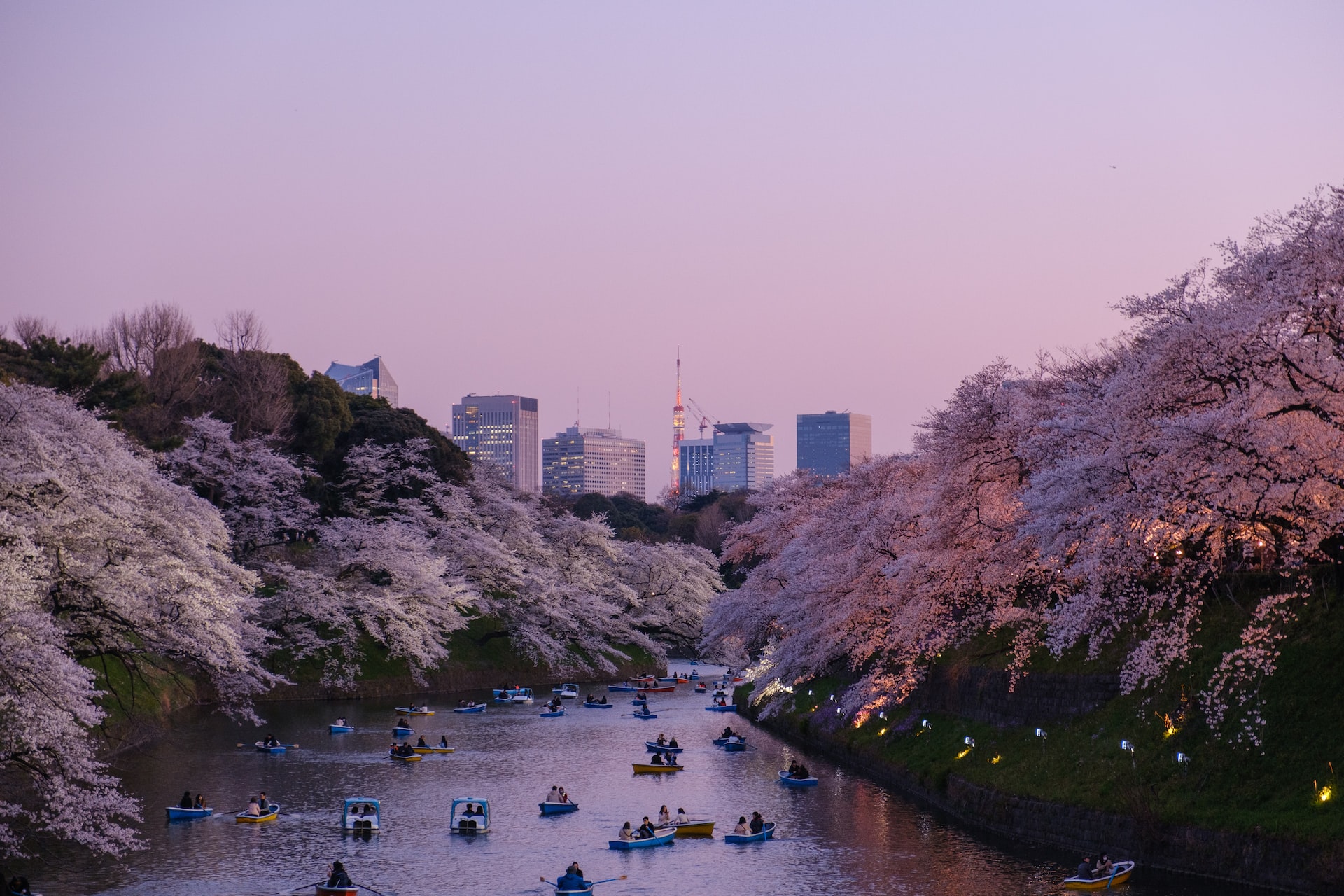
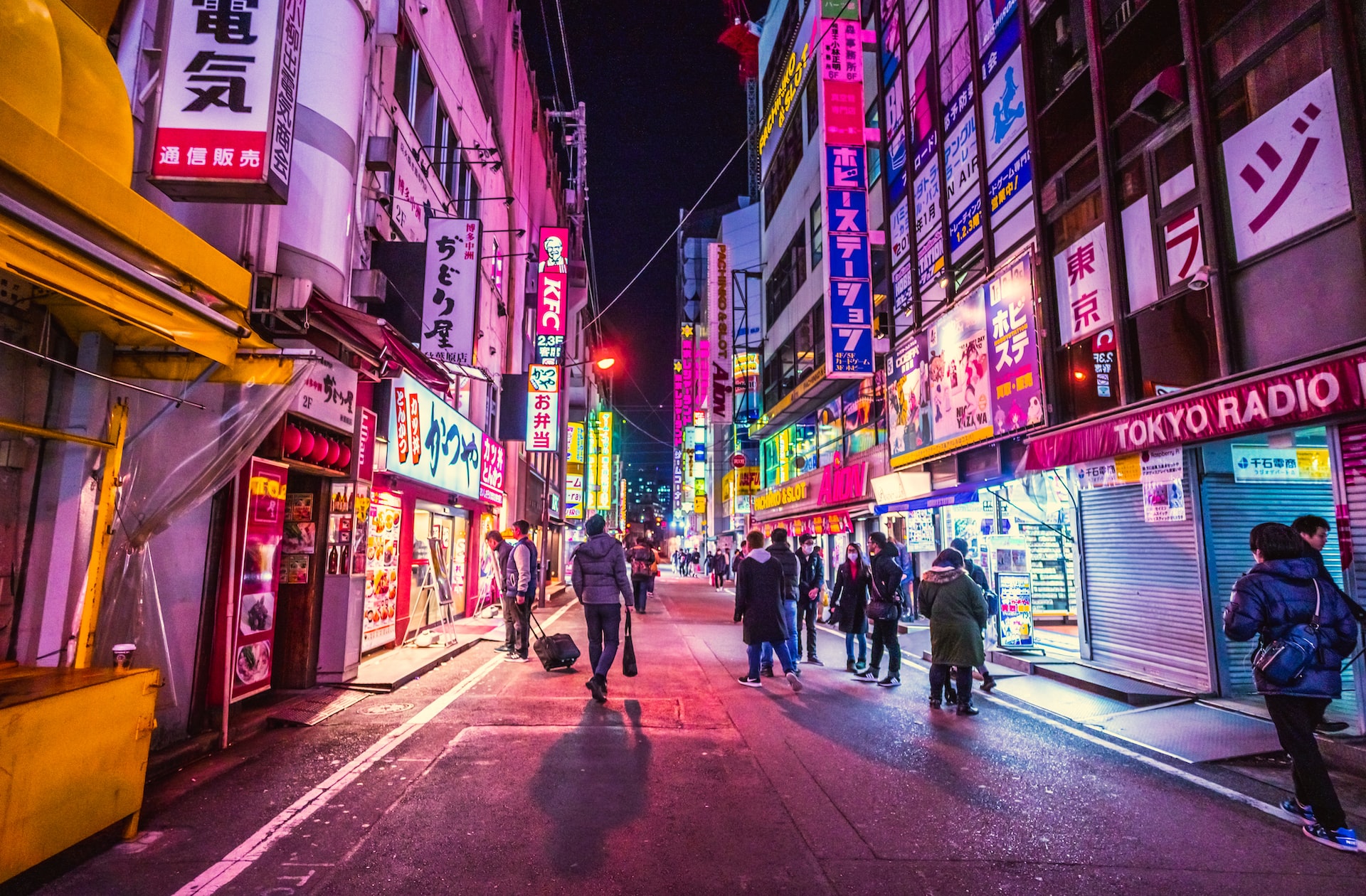
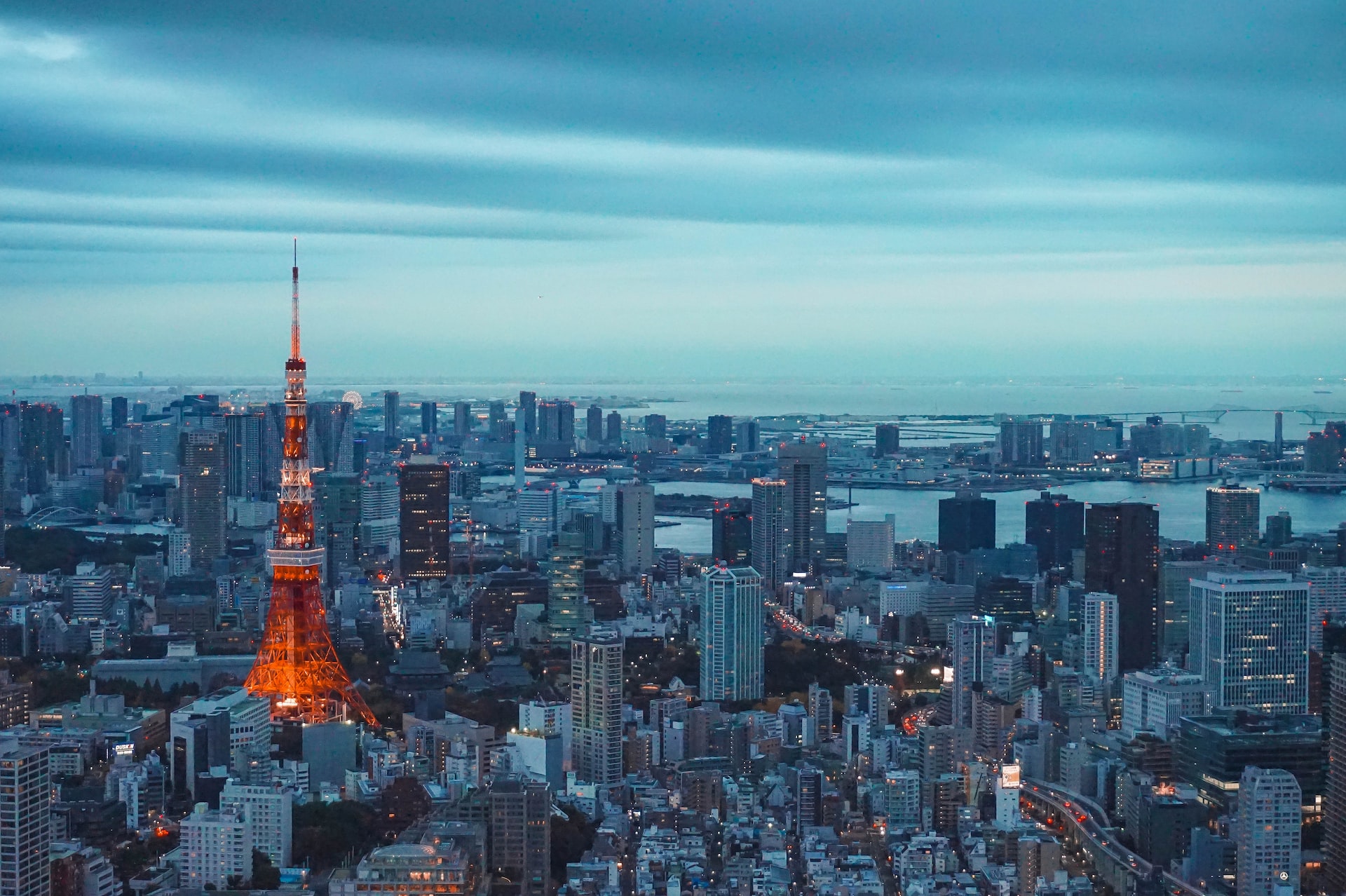
The capital and largest city of Japan is Tokyo, also known as the Tokyo Metropolis. Formerly known as Edo, its metropolitan area is the most populated in the world, covering 5,194 square miles as of 2018; the city proper is home to 13,99 million people.The prefecture, which is part of the Kant region on the central coast of Honshu, Japan's largest island, is situated at the head of Tokyo Bay. Tokyo is the home of the Japanese government and the Emperor of Japan, as well as being the country's economic hub.
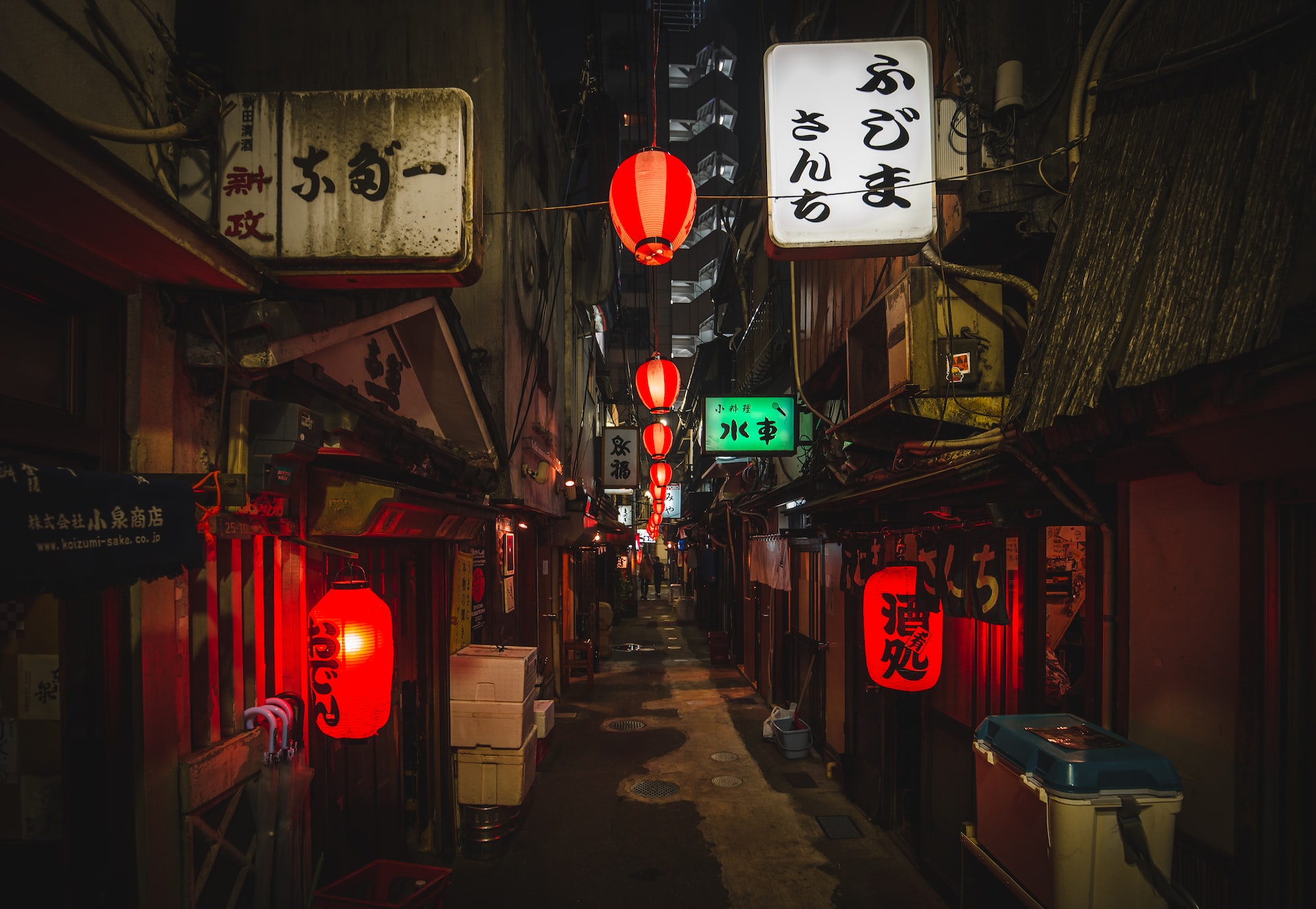
After becoming the Tokugawa shogunate's capital in 1603, the city of Edo, which was formerly a fishing town, rose to political prominence. Edo had more than a million residents by the middle of the 18th century, making it one of the world's largest cities. The imperial capital was relocated from Kyoto to Edo, which was given the name Tokyo or "Eastern Capital" after the Meiji Restoration in 1868. The city saw significant expansion and reconstruction beginning in the 1950s, and as a result, it became the focal point of the Japanese economic miracle.

Tokyo is classified as an Alpha+ metropolis by the Globalization and World Cities Research Network and has the second-largest urban economy in the world by gross domestic product, behind New York City. As a part of an industrial zone that also includes the cities of Yokohama, Kawasaki, and Chiba, it serves as Japan's most important corporate hub. 37 Fortune Global 500 firms are based in Tokyo as of 2021. The Metropolitan Area Outer Subterranean Discharge Channel, the largest underground floodwater diversion system, and the tallest structure in the world, the Tokyo Skytree, are both located in Tokyo.